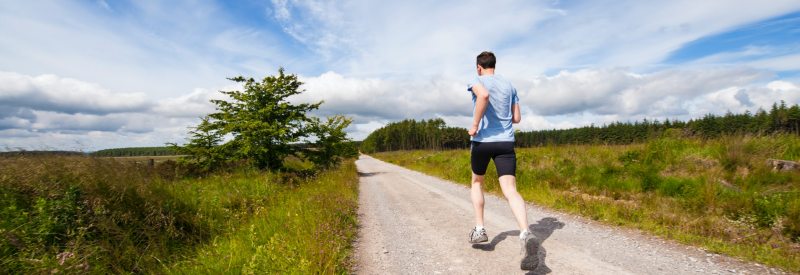-
Courses

Courses
Choosing a course is one of the most important decisions you'll ever make! View our courses and see what our students and lecturers have to say about the courses you are interested in at the links below.
-
University Life

University Life
Each year more than 4,000 choose University of Galway as their University of choice. Find out what life at University of Galway is all about here.
-
About University of Galway

About University of Galway
Since 1845, University of Galway has been sharing the highest quality teaching and research with Ireland and the world. Find out what makes our University so special – from our distinguished history to the latest news and campus developments.
-
Colleges & Schools

Colleges & Schools
University of Galway has earned international recognition as a research-led university with a commitment to top quality teaching across a range of key areas of expertise.
-
Research & Innovation

Research & Innovation
University of Galway’s vibrant research community take on some of the most pressing challenges of our times.
-
Business & Industry

Guiding Breakthrough Research at University of Galway
We explore and facilitate commercial opportunities for the research community at University of Galway, as well as facilitating industry partnership.
-
Alumni & Friends

Alumni & Friends
There are 128,000 University of Galway alumni worldwide. Stay connected to your alumni community! Join our social networks and update your details online.
-
Community Engagement

Community Engagement
At University of Galway, we believe that the best learning takes place when you apply what you learn in a real world context. That's why many of our courses include work placements or community projects.
Environment and Health research theme

Environment & Health Sustainability Challenges
A clean environment is essential for human health and well-being. However, the interactions between the environment and human health are highly complex and challenging to understand. The Ryan Institute’s Centre for One Health (CoH) conducts research to unravel such complexity. Examples of ways in which environment and health interact include where poor sanitation and unsafe water supplies lead to water-related diseases, particularly in urban areas. Our sources of heat or energy, and the design of our houses, buildings and transport systems can contribute to indoor and outdoor air pollution causing respiratory disease. Such challenges are being confronted by the Ryan Institute’s Built Environment and Smart Cities Research Cluster. Changing climatic and environmental conditions can increase the incidence of diseases, including diseases that are transmitted between animals and humans. The inappropriate use of antibiotics can threaten many of the medical breakthroughs of the last century, which are now in danger of being lost through the spread of antimicrobial resistance which renders antibiotics ineffective
The Ryan Institute’s Biodiversity & Bioresources Research Cluster conducts research to mitigate the global loss of biodiversity and degradation of natural capital that continues at a rapid pace. This is despite the fact that biodiversity and well-functioning ecosystems provide a range of benefits - both direct and indirect - to society and the economy, playing a crucial role in sustaining livelihoods, health and wellbeing. Efforts to meet the global 2020 biodiversity targets need to play a key role in achieving key priorities, notably reducing hunger and poverty, improving health and ensuring a sustainable supply of food and clean water. Sustainable use of ecosystem services and natural capital can become a key driver in the transition to a green economy.








-375x150.png)







